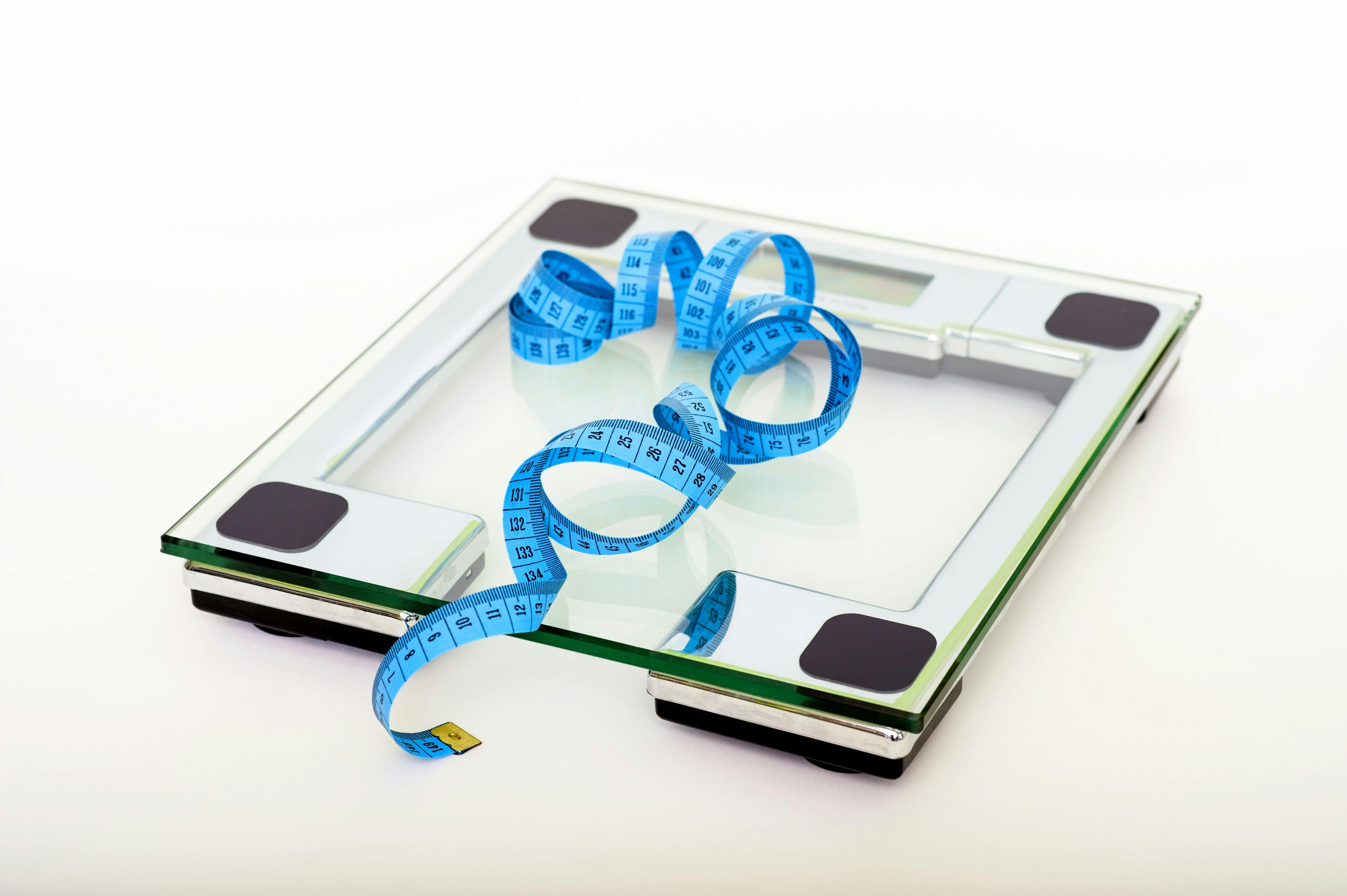High-Protein, Low-Cal Foods: Ultimate Guide
For those seeking effective weight management strategies, incorporating low-calorie, high-protein foods into your diet can make a significant difference. These types of foods not only help in reducing overall calorie intake but also play a crucial role in maintaining muscle mass and enhancing metabolism. By focusing on lean proteins such as chicken, turkey, and fish, you can achieve your weight loss goals without feeling deprived.

For those seeking effective weight management strategies, incorporating low-calorie, high-protein foods into your diet can make a significant difference. These types of foods not only help in reducing overall calorie intake but also play a crucial role in maintaining muscle mass and enhancing metabolism. By focusing on lean proteins such as chicken, turkey, and fish, you can achieve your weight loss goals without feeling deprived.
Including foods with high protein content and healthy fats will keep you feeling fuller for longer, thereby curbing appetite and reducing the likelihood of overeating. For instance, meals featuring salmon, tofu, or edamame offer a perfect balance of essential nutrients without the extra calories. This approach aids in sustaining energy levels throughout the day while promoting a leaner body composition.
Whether you're planning snacks or full meals, prioritizing protein intake is essential for optimal health. Recipes that combine ingredients like smoked salmon, Greek yogurt, and legumes can be both satisfying and supportive of your fitness objectives. Discovering the diverse range of high-protein, low-calorie food options can lead to more enjoyable and sustainable eating habits.
Optimizing Protein in Your Diet
Eating the right amount of protein from various sources can aid in weight management, muscle maintenance, and overall health. Understanding where to get protein and how to balance it with other macronutrients is essential.
Understanding Protein Sources
Protein is a crucial nutrient that helps build and repair tissues. Lean meats like chicken breast, turkey breast, and pork loin provide high-protein, low-calorie options. For seafood lovers, shrimp, tuna, and salmon are excellent choices. They are rich in protein and contain healthy fats.
Plant-based proteins are also effective. Legumes, tofu, tempeh, and edamame offer high protein content with lower calories. Nuts and seeds like almonds and chia seeds provide both protein and essential fats, though they are calorie-dense.
Dairy products such as Greek yogurt and cottage cheese are other protein-rich foods, contributing to muscle and bone health. For those seeking variety, incorporating eggs and soy products can diversify protein sources while keeping calories in check.
Balancing Macronutrients for Health
Balancing protein with fats and carbohydrates ensures a holistic approach to nutrition. Lean proteins should be paired with complex carbs, such as whole grains and vegetables, for sustained energy. Including fiber-rich foods like lentils and beans enhances digestion and satiety.
Fats are necessary for hormone production and cell health. While saturated fats should be limited, healthy fats from sources such as fish and nuts can support heart health. Monitoring sodium intake, particularly in processed foods, helps maintain blood pressure.
Optimal protein intake varies. Dietary guidelines typically suggest 1.2-2 g of protein per kilogram of body weight for most adults. Tailoring this to individual needs can aid in muscle maintenance and weight management while ensuring a balanced diet.
Creating Satisfying Meals and Snacks
Creating meals and snacks that are both low in calories and high in protein can help manage weight, improve overall health, and maintain muscle mass. By strategically planning and combining nutrient-dense foods, it's possible to stay full longer while nourishing the body with essential vitamins and minerals.
Meal Planning Strategies
Incorporating a variety of protein-rich foods into daily meals is essential for maintaining muscle mass and promoting satiety. Skinless chicken breast, white fish like haddock, cod, or halibut, and ground beef provide excellent protein sources. Canned tuna and chickpeas are convenient options that pack a protein punch while being low in calories.
Utilize cooking methods such as grilling, baking, or steaming to keep meals heart-healthy and low in calories. These methods reduce the need for added fats, maintaining the meal's low-calorie nature while providing essential nutrients such as vitamin B12, vitamin D, calcium, and iron. Setting aside time for meal prep ensures that healthy options are always available, reducing the temptation to reach for less nutritious foods.
Nutrient-Dense Food Combinations
Pairing protein-dense foods with fiber-rich and healthy fat-containing items can enhance fullness and provide a balanced nutrient profile. Combining nonfat or low-fat Greek yogurt with berries or quinoa provides a mix of protein, fiber, and antioxidants. Including cottage cheese with salsa or bell peppers offers a low-calorie, high-protein snack rich in vitamins and minerals.
Incorporate whole grains, nuts, and a variety of vegetables such as broccoli and peas into meals to balance macronutrient ratios and fill dietary needs for magnesium, potassium, choline, and omega-3 fatty acids. Snacks like protein bars and low-fat cheese can be handy alternatives when short on time. These food combinations support weight loss and overall health, aiding the body in maintaining vital functions and ensuring adequate energy levels.
Want more posts like this?Sign up for our FREE newsletter →